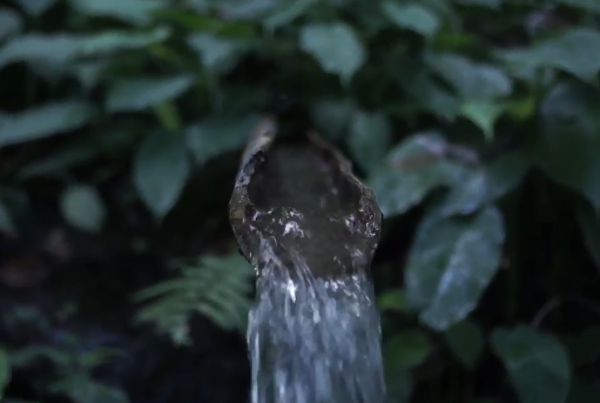The International Institute for Environment and Development (IIED), the University of Leeds and the Asociación ANDES from Peru are exploring the development of a new labelling or indication scheme for “biocultural, heritage-based products”. An informal collective trademark developed by the Potato Park in Peru (described under Target 13) increased revenues and strengthened social cohesion and environmental stewardship, but the communities were not able to register formal trademarks for their products due to bureaucratic difficulties. The proposed scheme will emphasise and authenticate the way that cultural and spiritual values, local knowledge, innovations and practices, and the local environment are all linked closely together, giving products a unique character. The scheme aims to ensure that as much of the market value as possible is captured locally, through “full benefit capture”, rather than through the benefit-sharing approach developed by others (the access and benefit-sharing (ABS) model). Consultations on the design of the scheme and investigation into similar schemes are currently taking place. A number of key design questions around issues including accessibility, local language, certification versus labelling, and enforcement still need to be addressed. However, concrete initiatives like this hold the potential to promote continued and enhanced sustainable community-based agriculture, forestry and aquaculture while providing a source of income and incentives to sustain these practices.[footnote]IIED. Consultation: designing a new biocultural heritage indication. at <http://www.iied.org/consultation-designing-new-biocultural-heritage-indication>[/footnote]
Les traductions en français et en espagnol seront disponibles d’ici la fin du mois de mars 2022.
Las traducciones al francés y al español estarán disponibles a finales de marzo de 2022.



